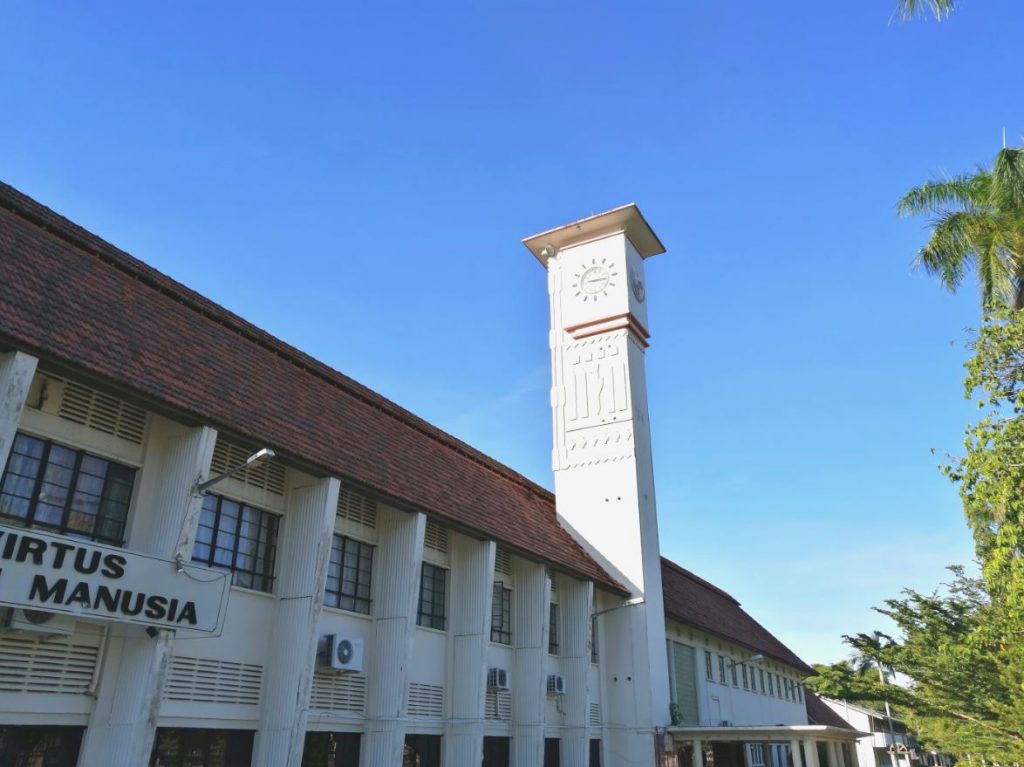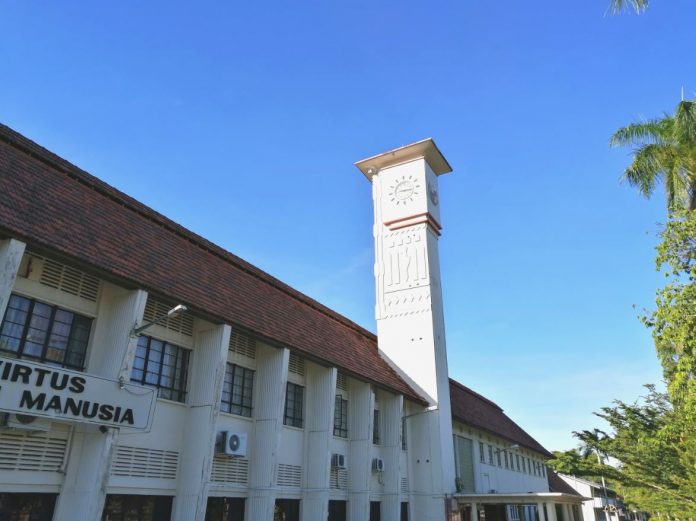
At the recent annual prize giving day of the Malay College Kuala Kangsar, Education Minister Datuk Seri Najib Abdul Razak made two relevant statements. One was that the proposal from the Old Boys Association (MCOBA) to privatize the boarding school has been rejected and second was that MCOBA and the ministry should work together to decide the role and future of the school established in 1905.
The attempt by MCOBA to seek government approval to privatize the school was the second and the result of the country’s best-known corporate figures. The first was made after the MCOBA organized symposium in December 1989 to discuss the challenges and role of MCKK beyond 2000. One of the speakers was JDR Howell, headmaster from 1953 to 1958. (One report puts his tenure as ending a year earlier but Howell mentions in his paper that he left the school in 1958). This first attempt was supported by the Malay Rulers.
What exactly is the role of MCKK now? For that matter, what has been its role since about 20 years ago and what does the ministry have in mind for the remaining five years of this century and the next millennium? And by extension, what is the role of the other residential schools – Tunku Kurshiah College, STAR of Ipoh and SDAR of Seremban – which were once, considered premier schools but no longer lead the pack of the more than 30 government-funded fully residential schools. Judging by the silence all these years, no one seems to know. But what the old boys of MCKK do know is that standards at their Alma Mater from academic quality to achievements in sports to loyalty to the school and discipline-have deteriorated. The concern among the old boys is real and it is only for this reason that they are expected to continue to lobby for drastic action by the ministry.
If the role of these residential schools is now unclear, it was not the case with the founding fathers of MCKK. Howell quotes R.J. Wilkinson, then Inspector of Schools, who wrote to the Resident-general suggesting “…the establishment of a special residential school for the education of Malays of good family and for the training of Malay boys for admission to certain branches of government service” there was a significant shift in the consideration for admission when the school reopened in January 1947 after the Japanese Occupation. New admissions were based on the results of a special entrance examination, with state quotas based on the Malay population.
Bright young boys from poor families were provided generous federal, state and UMNO scholarships. The shift was to result in a significant increase in the number of students to benefit form a university education.
Sons of the rich and the royal households continued to be admitted alongside the sons of fishermen, farmers, teacher, pensioners and the middle-class, making the school the perfect setting for a truly Malayan upbringing where everyone was treated equally without fear or favour. Emphasis was on good discipline, character building and the training of useful citizens. In other words, this was the place to train Malay boys into all-round characters, especially continuity in leadership. Apart from the longer tenure of the headmasters, the teachers, while not staying within the main school premises or at the hostel, had been within walking distance at their quarters just outside the fences. Howell’s observations:
“No headmaster can leave his mark on a school and have a lasting influence on its development in under five or six years and the recent policy of appointing short-term headmasters must be considered unwise. There is a world of difference between a residential school and a day school; both need stability but for the former it is vitally necessary.”
As the minister in charge, Najib can assist. MCOBA will no doubt extend its full cooperation. Maybe Najib can start by seeing that the selection of a headmaster is given utmost attention. Preferably the candidate should have a residential school background. From 1905 to 1965, the school had only nine headmasters but for a period of just 24 years from 1965, it also had nine headmasters, one of whom was there for only a year! The Old Boys also feel that the school needs the kind of treatment, which the government is unable to give within the current system of managing residential schools. There is frustration because of the shortage of funds. Some of the lockers in the dormitories have been there for over 30 years, many of the taps in the bathrooms do not work, and the doors are missing and cannot be replaced because there is simply not enough money. The Old Boys have been generous, donating either through the national MCOBA or the state branches but it is not every year that donations can be made.
A decline in discipline is another main worry. While the dress code those days was clear and never ignored openly by even the most stubborn of Budak Kolej, it has sadly not been the case since 1975. If attendance was compulsory for everyone at all major games between schools and certainly during the annual Old Boys’ weekend, nowadays some strum the guitar outside the dorm, play tennis or volleyball or go on town leave while the school team and the Old Boys sweat it out at rugby or football.
I can recall only three instances when five boys were suspended for a couple of weeks between 1966 and 1970 for indiscipline. No one was dismissed during that period but the number of dismissals in the last 20 years totals much more.
Times are changing but for MCKK, it has not been for the better.
Aziz Hassan
Class of ’70
Excerpted from The Sun. Monday. July 31, 1995













![[Video] monoloQue menampilkan Aizat Amdan – Urusan Seri Paduka Baginda (Versi Agong)](http://berita.mcoba.org/wp-content/uploads/2019/08/monoloQue-menampilkan-Aizat-Amdan-Urusan-Seri-Paduka-Baginda-218x150.jpg)













